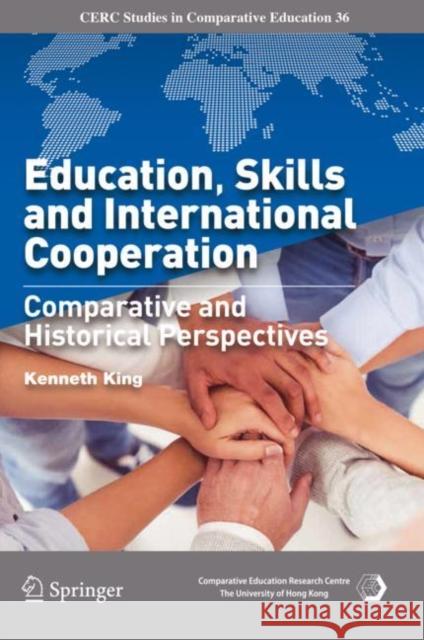Education, Skills and International Cooperation: Comparative and Historical Perspectives » książka
topmenu
Education, Skills and International Cooperation: Comparative and Historical Perspectives
ISBN-13: 9783030297893 / Angielski / Twarda / 2019 / 381 str.
Kategorie:
Kategorie BISAC:
Wydawca:
Springer
Seria wydawnicza:
Język:
Angielski
ISBN-13:
9783030297893
Rok wydania:
2019
Wydanie:
2019
Numer serii:
000290678
Ilość stron:
381
Waga:
0.72 kg
Wymiary:
23.39 x 15.6 x 2.24
Oprawa:
Twarda
Wolumenów:
01
Dodatkowe informacje:
Wydanie ilustrowane











